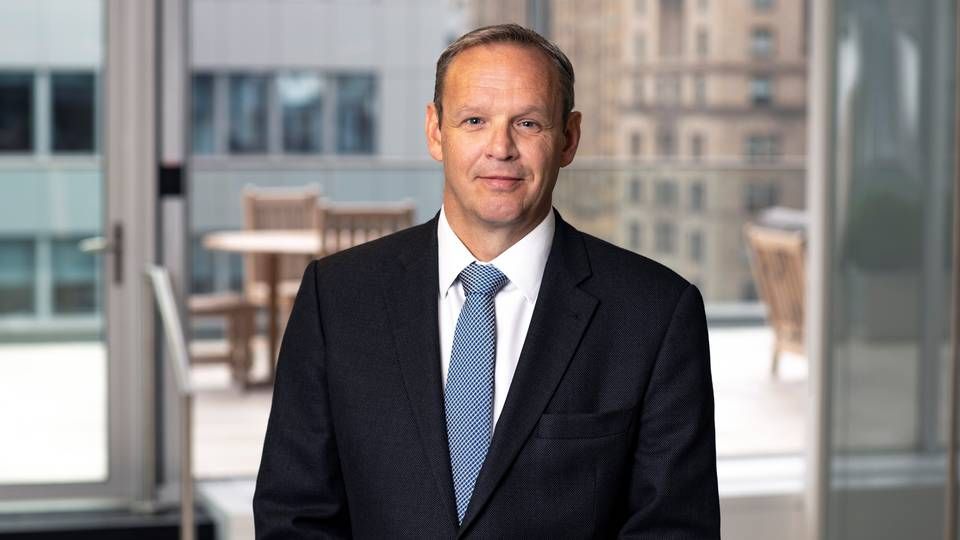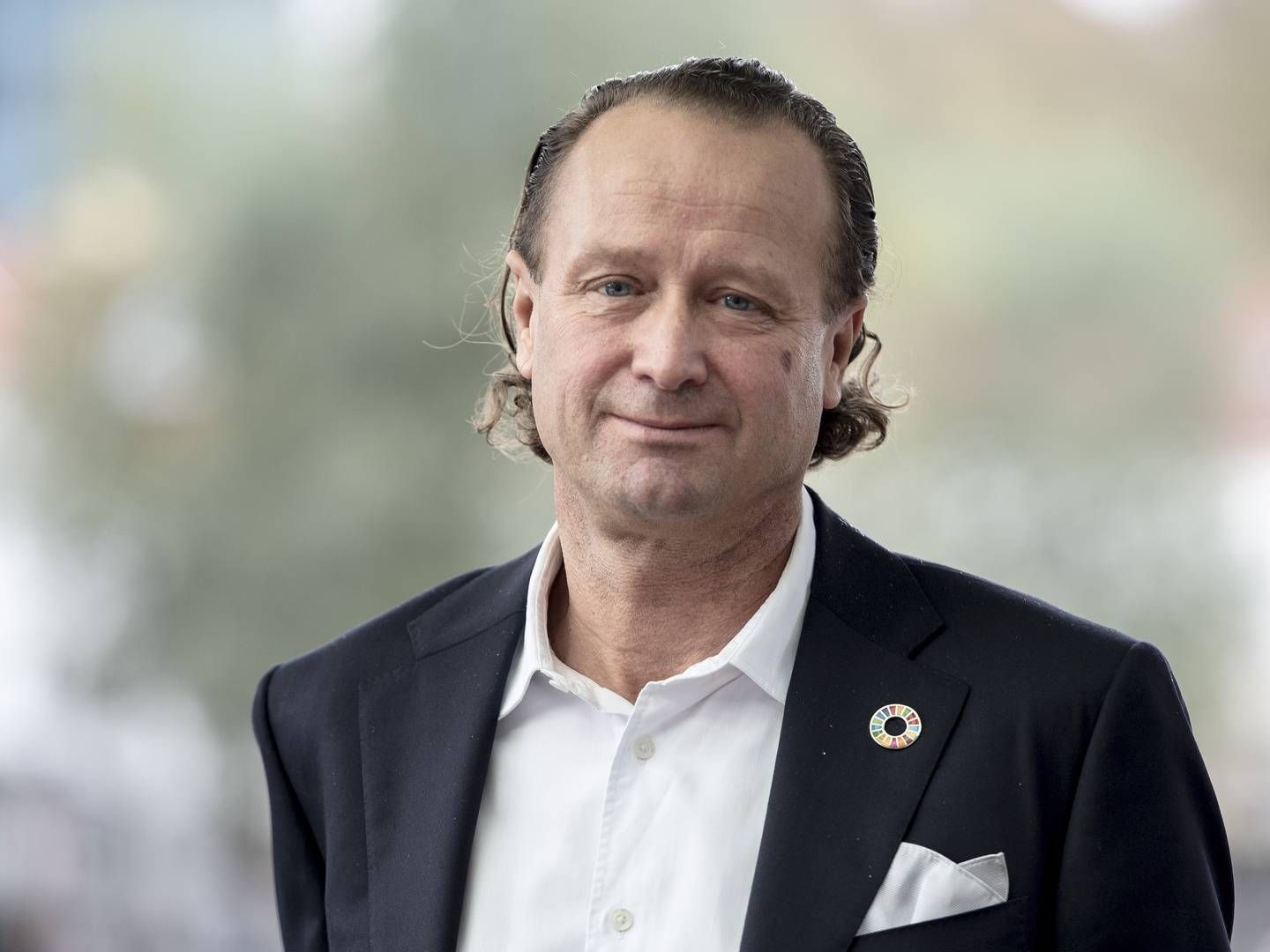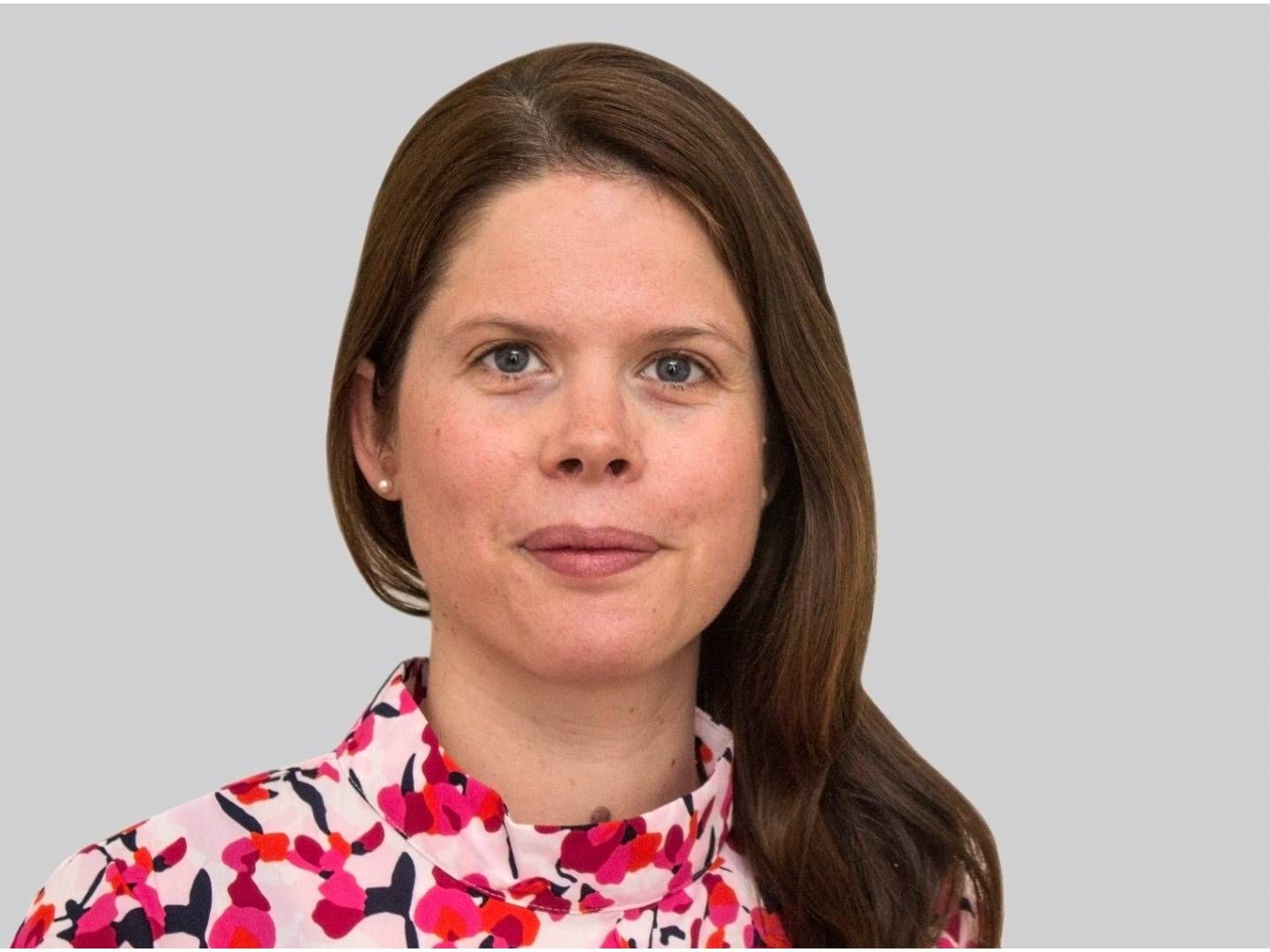Nuveen's agri arm wants to push for more regenerative agriculture

Nuveen's agri arm Westchester Group Investment Management is one of the largest agricultural investors in the world with investments in more than 850,000 hectares globally and 50,000 hectares in Europe.
Such a portfolio comes with some responsibility in terms of improving climate and environmental efforts within agriculture which is known to be a major carbon-emitting area. A possible way of reducing emissions and improving the environment at the same time might be in the form of regenerative agriculture, something the asset manager tries to promote.
"We'll be pushing for more regenerative agriculture with farming harmonizing more with nature. We can't dictate what our tenants do but we can trying working them over time," says Westchester Executive Vice President, CEO Westchester Group Europe Peter Bryde.
A lot of Westchester's agricultural portfolio of crops like oilseeds and grains are rented to farmers. Bryde notes the farmers decide what they want to do with the land.
The AM demands the land cannot be destroyed handled illegally, but in the end, the farmers have their own businesses. For this reason, the firm refuses to force farmers to transition as it would rather educate and introduce new initiatives, according to the EVP.
"This is not just about agriculture becoming more harmonious with nature but also about lower emissions and binding CO2 to the soil. This could potentially be good for the economy. However, it all has to make sense holistically, and it will take some time talking farmers into changing course. It'll take 5-15 years before we start seeing that."
Pilot project in Poland
To influence the farmers' development, Westchester has made a pilot project in Poland where the AM has made a farm holding regenerative.
The company wishes to train local Polish farmers to spread the word of Westchester's work.
"We're noticing there's some skepticism because farmers want to make sure they do not lose money. But we need to find solutions where we are good for the environment and for farmers' economies," says Bryde.
Westchester has 40,000 hectares in its Poland-based agricultural portfolio. The pilot project takes up around 400 hectares and is set up to provide a good exampe for farmers. In the end, the AM hopes more and more farmers will make use of this method.
"As of yet we have no specific goals for how many hectares we want to be regenerative. The general idea, however, is that in time we will develop a specific goal. The Poland perspective is that we hope around half will say that they're planning to be more in harmony with nature in the next five years. Maybe farms won't be entirely regenerative but we're pushing in that direction," says Bryde.
Requirements for farmers
Are you setting climate requirements for the farmers you lease land to?
"We are currently working to develop key performance indicators. A large part of the pilot project in Poland was about getting more detailed soil samples so we can use data to improve the production capabilities of the soil and its condition. That will also help us to find out how we can store CO2 in the soil," says Peter Bryde.
The CEO says that when the company develops KPIs based on its pilot project experiences, they will be included in leasing contracts as requirements.
"However, this will also depend on the individual negotiations. Keeping the soil at a certain quality is already part of our contracts, but we will also be able to make new measurements for some of the contracts," says Westchester’s head of Europe.
Must be profitable
Although the idea of sinking CO2 into the soil and reducing the emission of greenhouse gasses may seem perfect, it must not prevent food production.
Bryde has preveiousy worked for European development bank EBRD, where he was indrotuced to his dilemma.
"One thing I have learnt is that if people don’t stand to earn money from a change, it doesn’t happen. We can put a lot of pressure on, but if the farmers won’t make money, nothing happens. We need to show farmers that sustainable methods to not have to be at the expense of profit," he says.
Bryde says that the goal of the pilot project in Poland is to be able to document that farming is still profitable, even when it is done using regenerative methods. However, the company does not yet have any concrete data to back this up.
"It is easy to say "try this, try that", but if we don’t have a good example of how it works economically or environmentally, the market won’t do it," he says.
Nonetheless, Westchester is convinced that the market will move more in the direction of regenerative agriculture. Bryde believes this will be helped by EU funding and CO2 certificates.
(This article was provided by our sister media, AgriWatch)
English translation: Nielsine Nielsen and Catherine Brett
Storebrand AM bets big on sustainable thematics with triple fund launch in sight
Handelsbanken Fonder revamps five funds to meet Paris goals
PFA intensifies engagement with select oil companies
Danish Blackrock exec wants to measure temperature impact of investment funds
Related articles
Handelsbanken Fonder revamps five funds to meet Paris goals
For subscribers
PFA intensifies engagement with selected oil companies
For subscribers
















